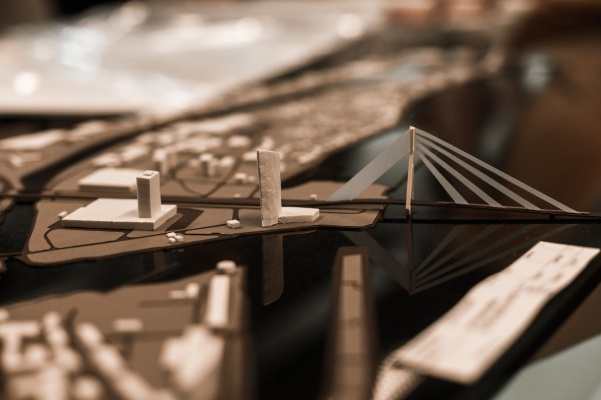
Research areas at the School of Architecture are developing in step with the architectural and town planning practice in Latvia, local and international challenges, and contemporary global trends.
The scientific activity of the school is focused on three main strands.
I. Preservation and development of architectural heritage and the identity of an urban space:
II. Quality of the living environment and urban regeneration:
III. Adaptive and participative approaches in urban regeneration:
Modern development trends and rapid technological progress have created the need for interdisciplinary and proactive cross-sectoral collaboration in solving urgent complex problems.
Scientists of the School of Architecture have established close collaboration with researchers of other sectors of RTU important to the national economy and society and have engaged in interdisciplinary research within the framework of the RTU research platform «Cities and Development».
The School of Architecture is continuously evolving and strengthens scientific interdisciplinary and cross-sectoral collaboration with various entities and actors - universities, educational, public and local institutions, professional and non-governmental associations and commercial bodies.